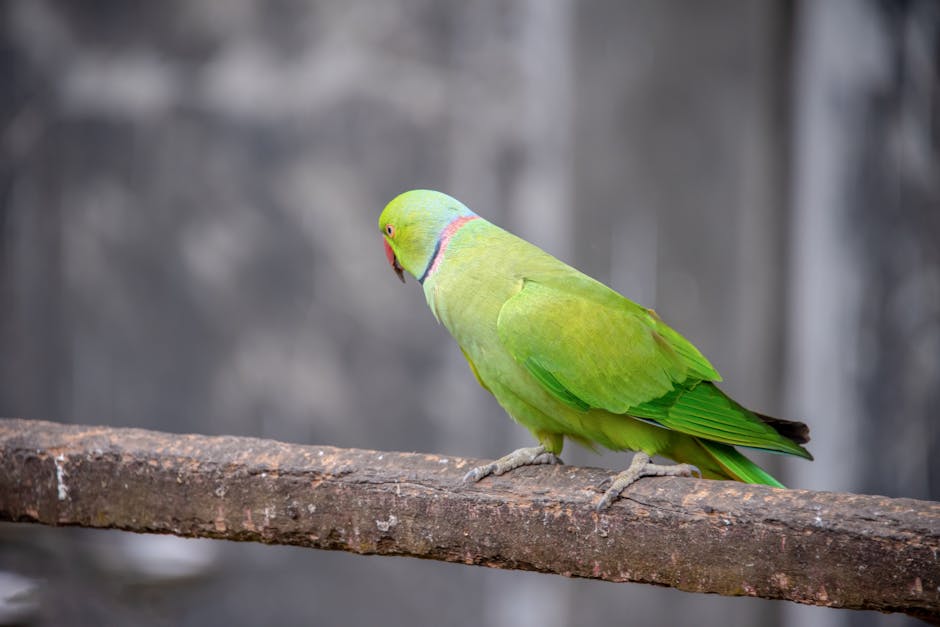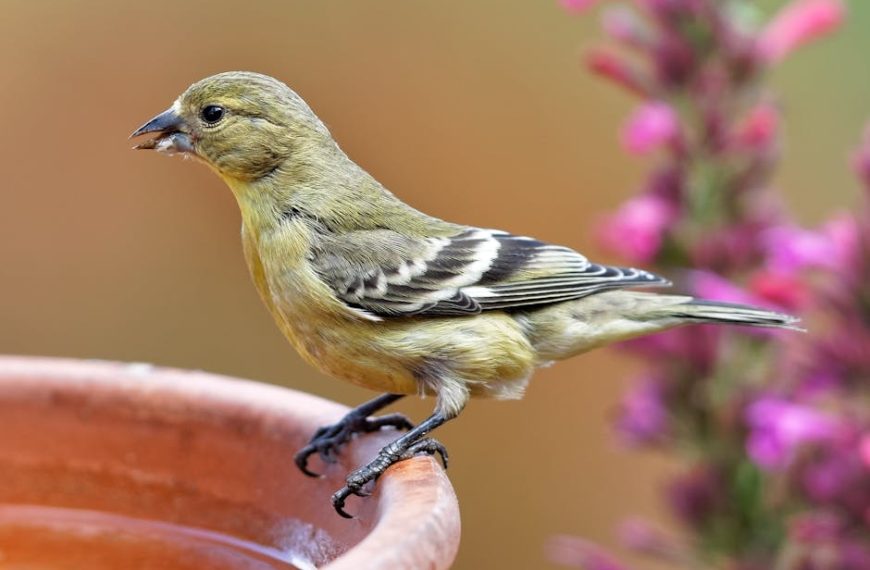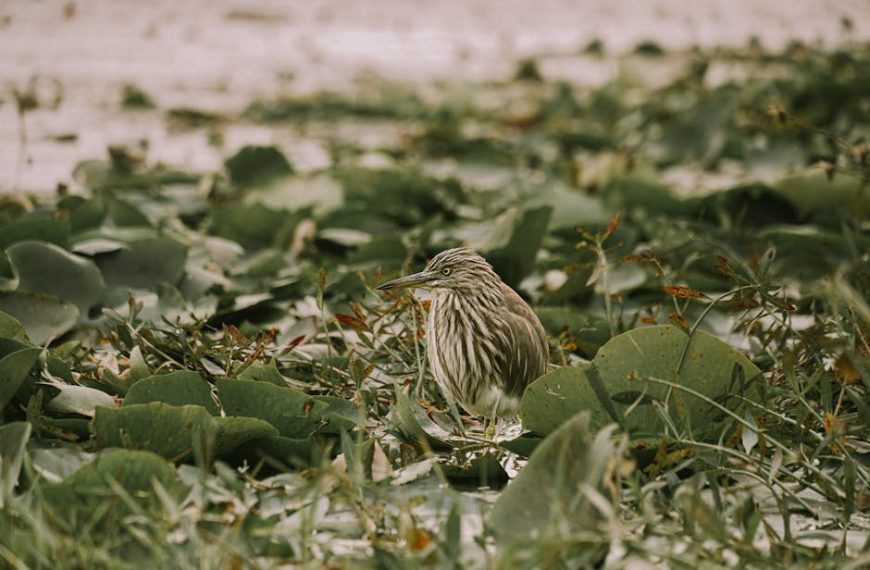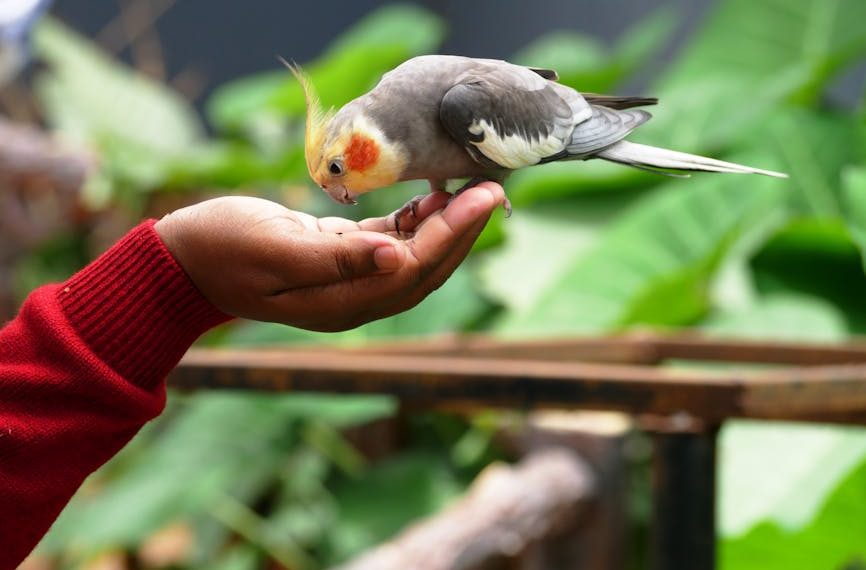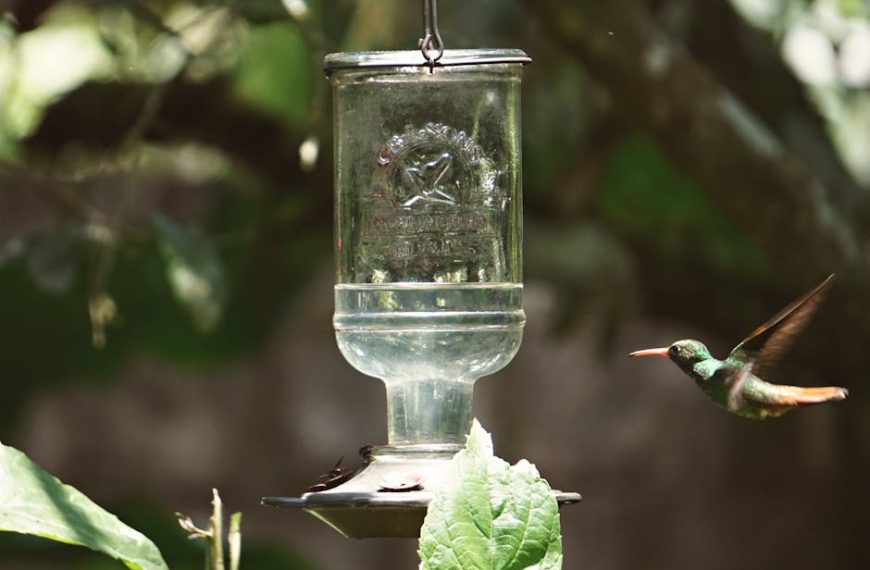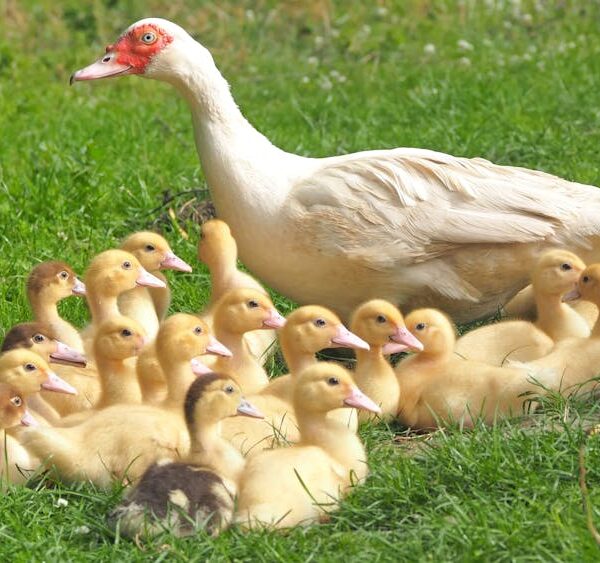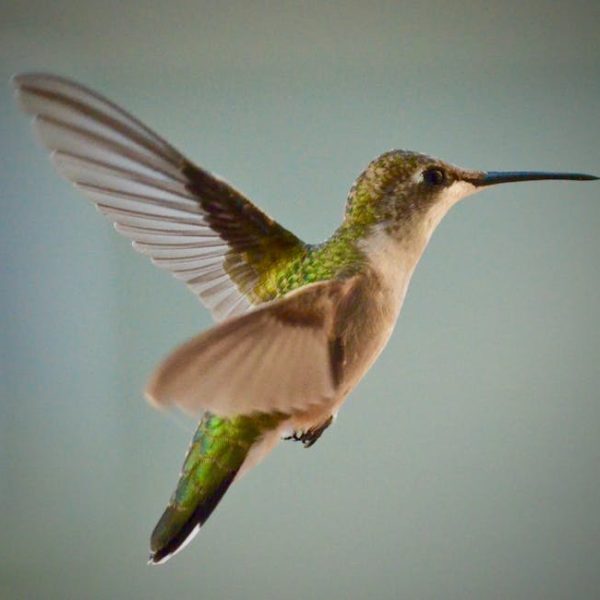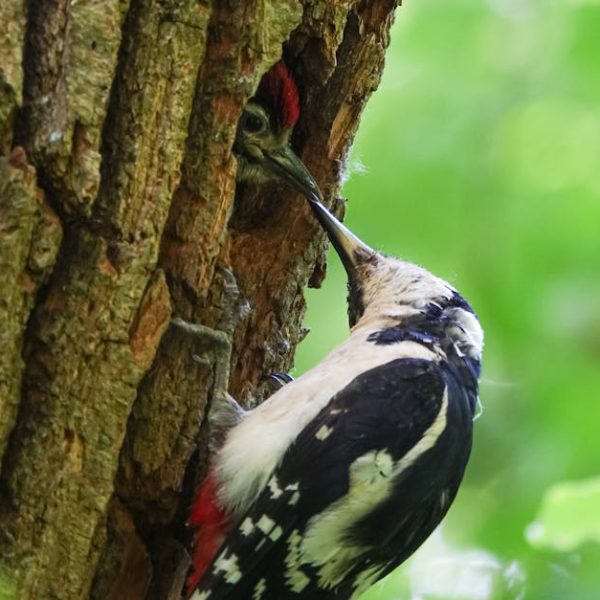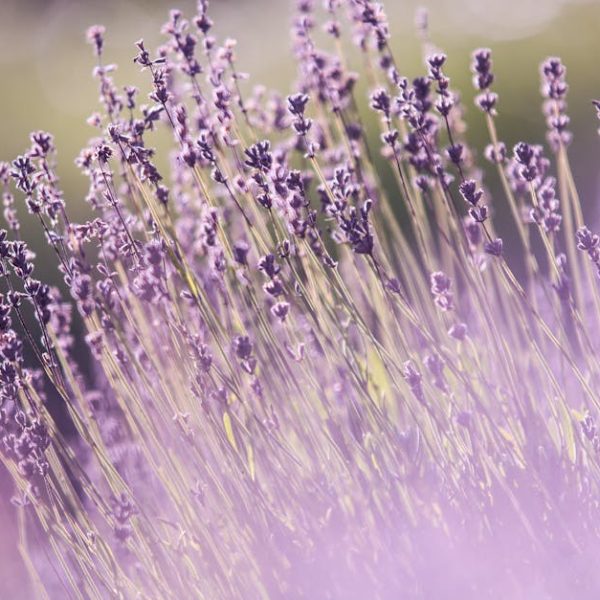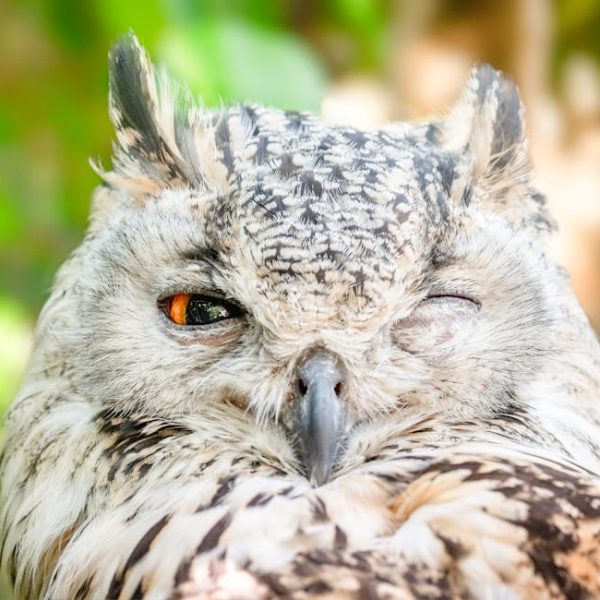When it comes to taking care of pet birds, their well-being, especially when it comes to dealing with pesky parasites like bird mites, is essential. Bird mites are one of the common threats to pet birds, presenting a challenge for many bird owners due to their micro-size and extensive harm potentials. These unwelcome guests may significantly affect your pet bird’s behavior, health and, in severe cases, can also lead to its untimely demise. Bird mites can be fought naturally and effectively with specific knowledge, preventive measures, and consistent application of remedies.
Understanding Bird Mites
Bird mites are prevalent parasites that affect different bird species worldwide. They are tiny, fast-moving, and relentless in their quest for survival, leaving a trail of discomfort and health issues. The most widespread types on pet birds include Dermanyssus gallinae (the poultry mite) and Ornithonyssus sylviarum (the northern fowl mite), known for their characteristic sharp mouthparts utilized for biting and sucking the birds’ blood.
These parasites can affect your pet bird’s behavior, causing intense itching. In severe infestation cases, your bird may become restless from sleep deprivation due to the constant mite movement and irritation. Long-term mite infestations may lead to loss of appetite, weight loss, and anemia resulting from blood loss. Signs of bird mite infestation include restlessness, continuous scratching, poor feather quality, bald spots, and visible crawling mites on the bird or surrounding areas.
Preventive Measures against Bird Mites
Preventing bird mite infestation is the first line of defense for pet birds. Prevention involves maintaining optimum cleanliness and hygiene in the bird’s environment. Keeping the birdcage clean and free from fecal matter, old nesting materials, and discarded feather helps control the mites’ breeding grounds. Cleaning practices include regular cage washing with hot water and pet-safe disinfectant, periodic replacement of perch covers, and litter change.
Proper bird nutrition and grooming also contribute to an effective mite prevention strategy. Healthy birds are naturally more resilient to parasites, thanks to their strong immune system. Incorporate a balanced diet with adequate proteins, vitamins, and minerals to keep your bird in top health conditions. Grooming, -including regular baths, trimming feathers, and beak care-, can also help in keeping mites at bay.
Distinguishing Bird Mites from Other Parasites
Distinguishing bird mites from other common bird parasites is vital to ensure targeted and effective treatment. Bird mites are generally smaller than other parasites found on pet birds, such as lice. They are also fast and tend to move away from light, unlike lice that cling to feathers and skin.
An important distinction is that bird mites are seen in large numbers during the night – their peak activity time, whereas other parasites may be active throughout the day. Veterinarians can provide a conclusive diagnosis and should be consulted if you suspect a bird mite infestation.
Natural Remedies for Bird Mite Infestation
Natural remedies for bird mites offer a safer and gentler alternative to chemical treatments. These natural battle strategies don’t impose harmful side-effects that might arise from chemical-based products.
Some pros and cons of using natural methods include:
Pros:
- Non-toxic and safe to use around pets and humans
- Cost-effective and readily available
- Gentle on the bird’s skin and feathers
Cons:
- May take a longer time to see results
- Consistent and precise application is needed
- Not as potent as chemical treatments, especially for severe infestations
Natural substances with mite fighting properties include:
- Diatomaceous Earth: A non-toxic powder made from fossilized aquatic organisms’ shells that is effective in killing mites by dehydrating them.
- Garlic: Adding crushed garlic to your bird’s water helps to repel mites naturally.
- Apple Cider Vinegar: A diluted solution of apple cider vinegar can be sprayed on your bird’s feathers to deter mites.
Persistency and patience are key when implementing natural remedies. It may take time to see improvement, but with regular and consistent application, these methods can effectively eliminate bird mites.
Limitations and Carefulness in Using Natural Remedies
While there are several benefits to using natural remedies to get rid of bird mites, they may not be sufficient for severe infestations. In such cases, it’s crucial to seek professional help from a veterinarian or an avian specialist who can recommend more potent treatments.
Precautions when using natural remedies include:
- Always use treatments like Diatomaceous Earth in a well-ventilated area to prevent inhalation.
- Make sure any substance you use does not make the bird uncomfortable. Observe their behavior closely.
- Never use a remedy intended for humans or other animals without consulting a veterinarian.
Keep a close eye on your bird’s behavior, appetites, and physical conditions to assess the effectiveness of your chosen treatment. If there’s not a significant reduction in mites or if your bird’s health declines despite your efforts, it might be time to switch methods or seek professional help.
In conclusion, coping with bird mites can be a daunting task. But with knowledge, preventive measures, and effective natural remedies, you can safeguard your pet birds against these pests. Remember, consistency is key! Ensure you maintain a clean environment for your birds, feed them a healthy diet, and use the appropriate treatment regularly if you notice signs of infestation.
Key Takeaway:
- Bird mites are common parasites that can significantly affect the behavior and health of pet birds. Prevention is the first step in dealing with mites, which involves maintaining a clean environment and employing a healthy diet and grooming regimen for the pet birds.
- Bird mites can be distinguished from other parasites based on their size, aversion to light, and peak activity at night. In case of uncertainty, consultation with a veterinarian is advised.
- Natural remedies for mite infestation provide non-toxic, cost-effective, and gentle alternatives. Despite their advantages, they may require time and consistency in application to see results, especially in severe infestations.
- It’s crucial to consider the limitations of natural remedies and proceed with caution. Understanding when to seek professional help is equally important, especially when dealing with severe infestations.
In the end, dealing with bird mites can seem daunting, but with the right knowledge, preventive measures, and consistent use of treatments, it’s manageable. Take heart and remember that your continued efforts greatly contribute to your pet bird’s wellbeing.
FAQs
Q: Is it possible to completely eliminate bird mites?
A: Yes, it is. Regular and thorough cleaning, combined with consistent treatment measures, can eliminate bird mites completely.
Q: Are bird mites harmful to humans?
A: Although bird mites are more interested in birds, they can bite humans if they come into contact, causing itchy, irritated skin. But they can’t reproduce or create an infestation in humans.
Q: Can bird mites infest other pets?
A: Yes, bird mites can move to other pets, especially those with feathers, like chickens or parrots. Maintaining cleanliness and regular monitoring can help avoid cross-infestation.
Q: Can I use the same natural remedy for all types of mite infestations?
A: Not all remedies work for all kinds of mites. It’s vital to correctly identify the type of mite causing the issue and choose a remedy that effectively targets that variety.
Q: Are over-the-counter mite treatments safe for my pet bird?
A: While many treatments are available, it’s best to consult with a veterinarian before starting any over-the-counter treatment to ensure it’s safe for your pet bird.
Feel free to share this article with fellow bird owners, and explore more of our posts for a wealth of information on bird care and more!
